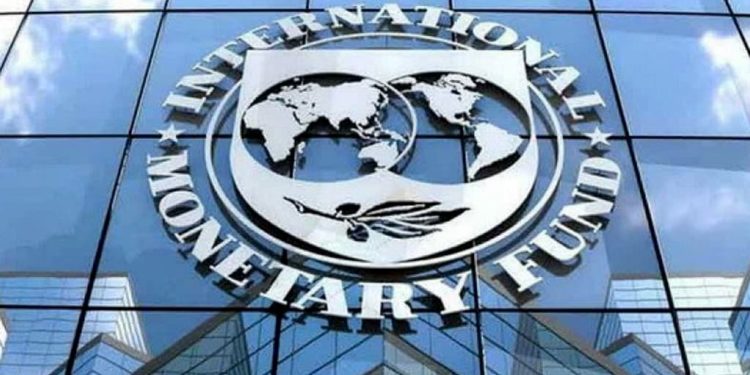The International Monetary Fund (IMF) has directed Rwanda’s National Bank (NBR) to increase interest rates as a measure to control the escalating inflationary forces in the economy. This action is necessary before the disbursement of the $74.6 million financing scheduled for next month.
The funding for budgetary support is part of both the country’s Policy Coordination Instrument (PCI) programme and the Resilience and Sustainability Facility (RSF), both of which were approved by the IMF on December 12, 2022.
Following an IMF mission in Rwanda led by Haimanot Teferra from March 22 to April 4, an agreement was reached between the IMF staff and the Rwandan authorities on policies needed to complete the initial reviews of the programme. This agreement paves the way for the release of RWF81.63 million ($74.6 million), subject to approval by the IMF Executive Board in May.
Performance under the programme has been strong. All quantitative targets for end of December 2022 have been met and all reform targets under the PCI and reform measures under the RSF envisaged for the first reviews are progressing well and expected to be completed ahead of the executive board discussion.
Haimanot Teferra
However, IMF has emphasized the importance for the Rwandan government to maintain a stable macroeconomic environment by implementing a trustworthy plan for fiscal consolidation and adopting a stricter monetary policy stance.
Additionally, they suggest allowing for greater exchange rate flexibility. This is necessary because the Rwandan economy is still susceptible to external shocks, and therefore the government should take immediate measures to reinforce policy buffers.
Another spike in global energy and fertiliser prices, a steeper decline in trading partners’ growth or global financial market as well as geopolitical developments that adversely affect the availability of concessional resources will further strain external buffers and limit the policy space to confront development challenges and address climate change. The National Bank of Rwanda should pursue a more decisive monetary policy tightening to contain inflationary pressures and promote exchange rate flexibility to ensure external stability.
IMF
The IMF suggests that in order to contain second-round effects and anchor inflation expectations, data-dependent monetary policy and stronger communication should be implemented. Additionally, exchange rate flexibility should be prioritized to protect reserves, and interventions in the foreign exchange market should be guided by a robust policy framework.
Furthermore, the efficiency of monetary policy transmission could be improved by accelerating reforms to enhance monetary policy operations and deepen the money and government securities markets.
The IMF also recommends that the authorities should tighten the fiscal and monetary stance to rebuild policy buffers. To mobilize and allocate additional resources efficiently towards Rwanda’s ambitious climate objectives, ongoing efforts to strengthen institutions need to be sustained, according to the IMF.
Despite a robust growth rate of 8.2 per cent in 2022, Rwanda’s economy has experienced macroeconomic imbalances due to import demand fueled by economic activity, which has added to the existing pressures on foreign exchange reserves tied to higher commodity prices and tightening global financing conditions.
Although the manufacturing and services sectors have registered strong output, agricultural production was weaker than expected, and there was a sharp slowdown in construction activity. Rising food prices, a weak agricultural performance due to unfavourable weather conditions, and strong domestic demand have kept headline inflation persistently above 20 per cent in recent months, with high core inflation at 14.4 per cent in February, indicating broad-based and persistent inflationary pressures in the economy.
Moreover, robust import demand, high commodity prices, and tightening global financing conditions have weakened Rwanda’s external position, despite a faster pace of exchange rate depreciation, with foreign reserves declining to 4.1 months of prospective imports at the end of 2022, according to the IMF.
Read Also: Rwanda Raises Key Intrest Rate to a 9-Year High of 7% on High Inflation Rate




